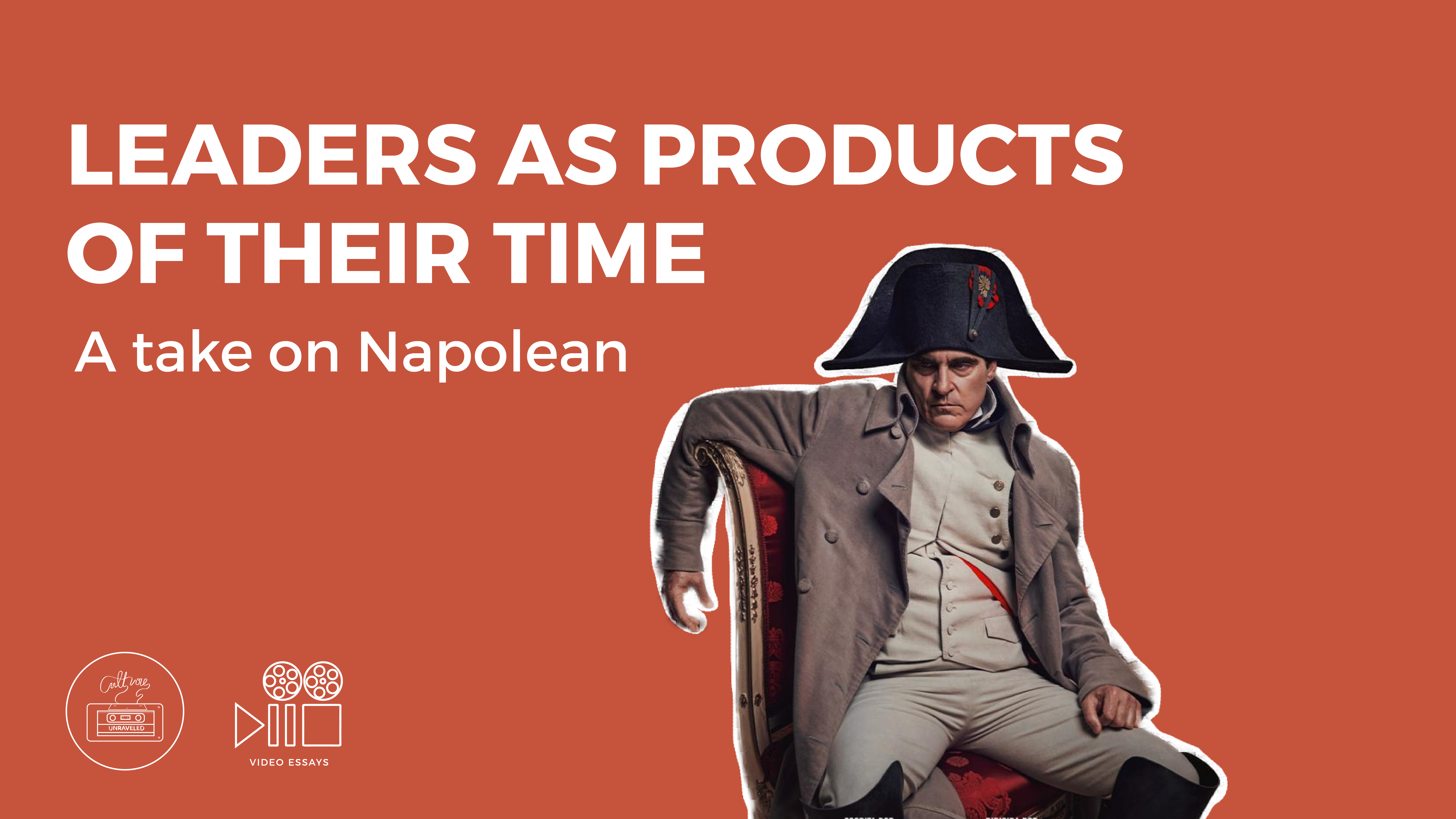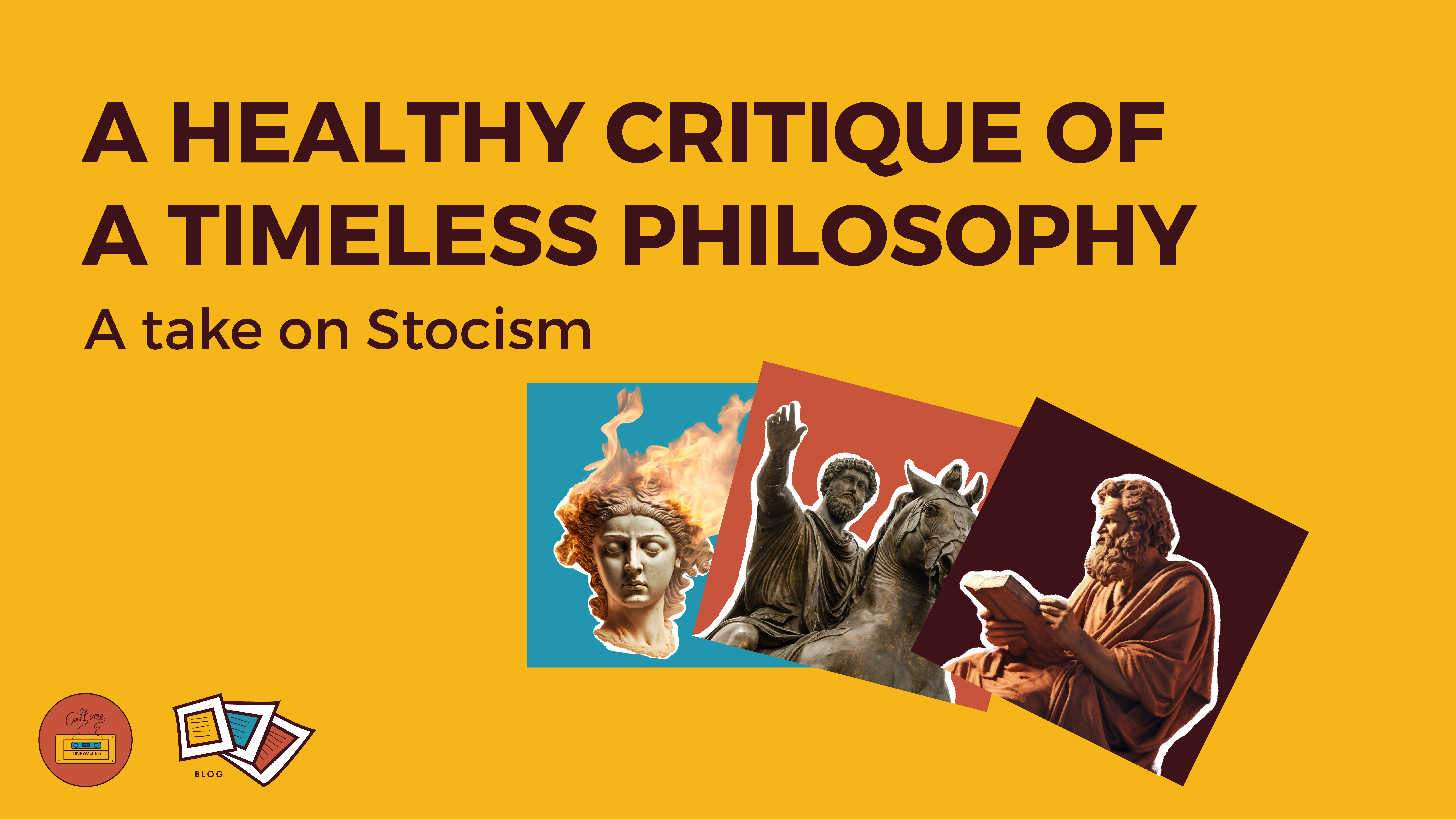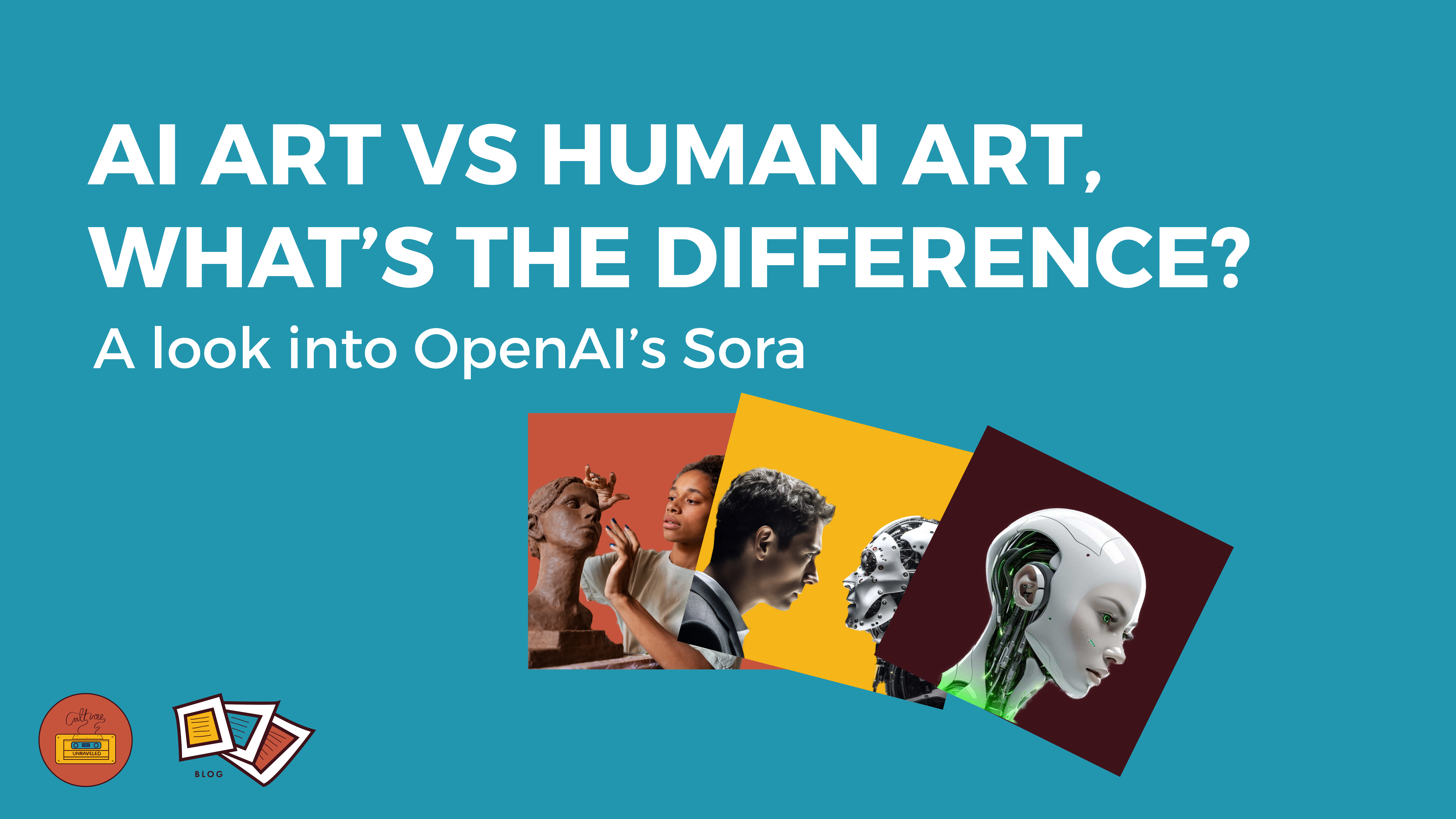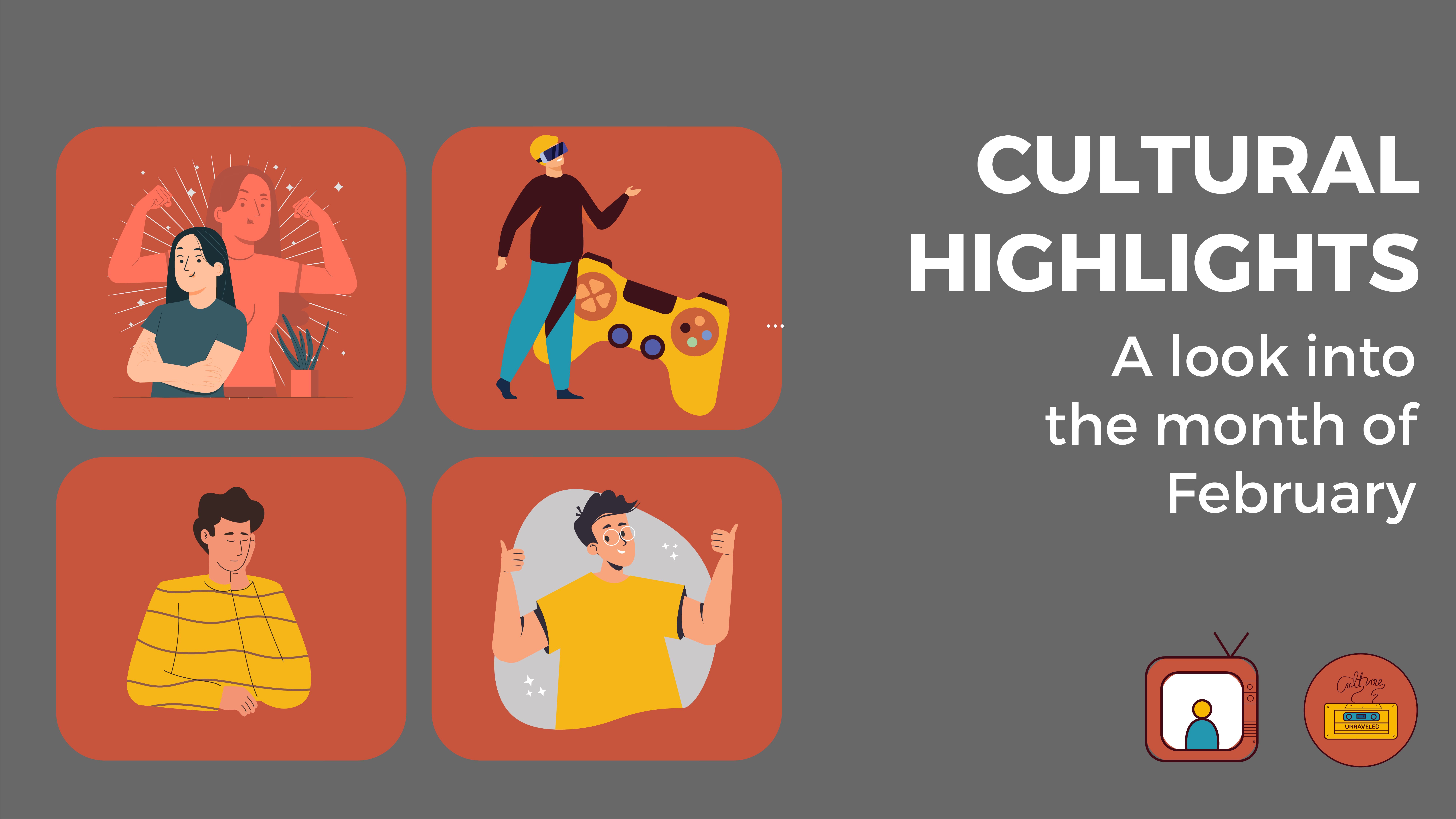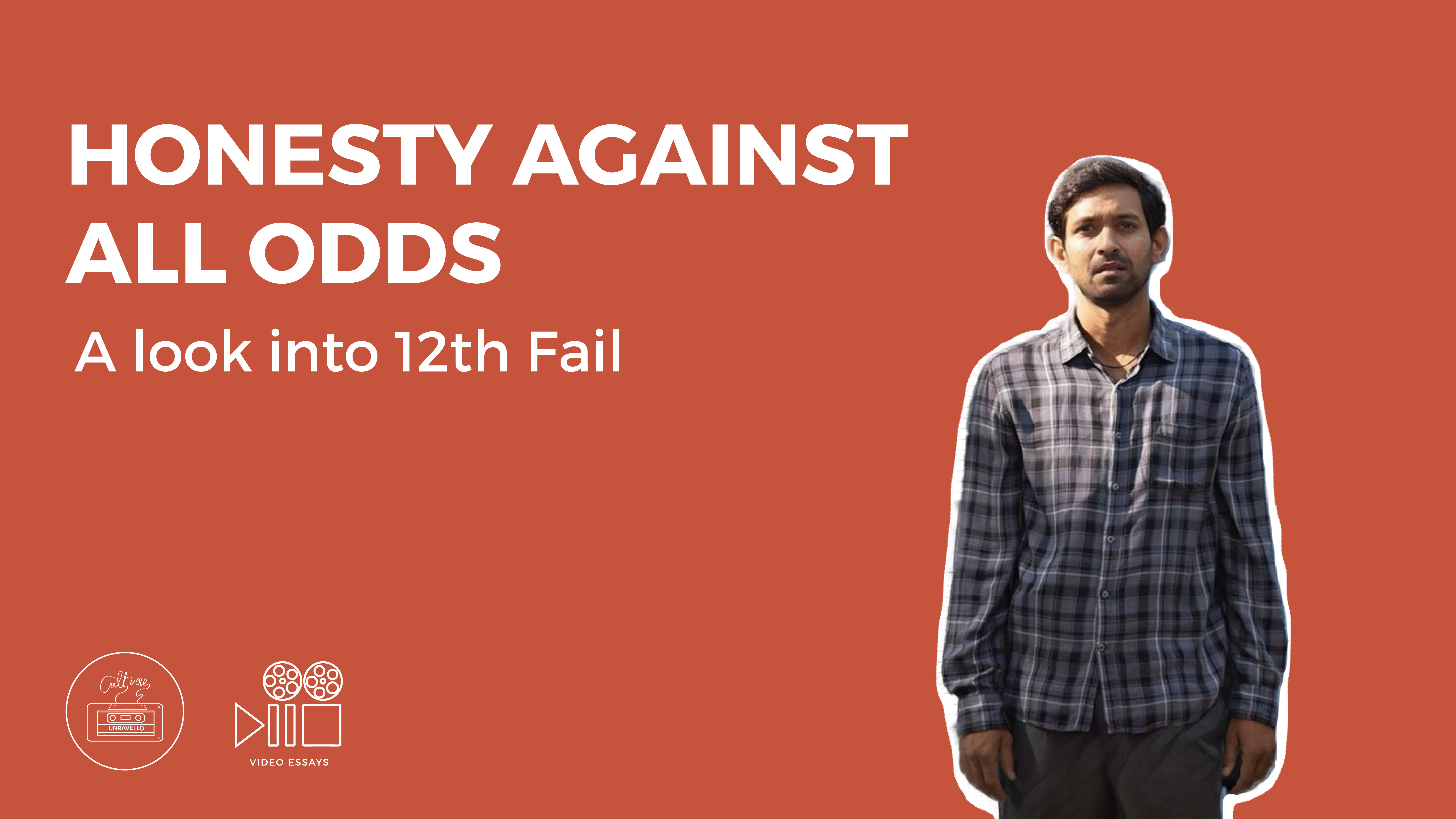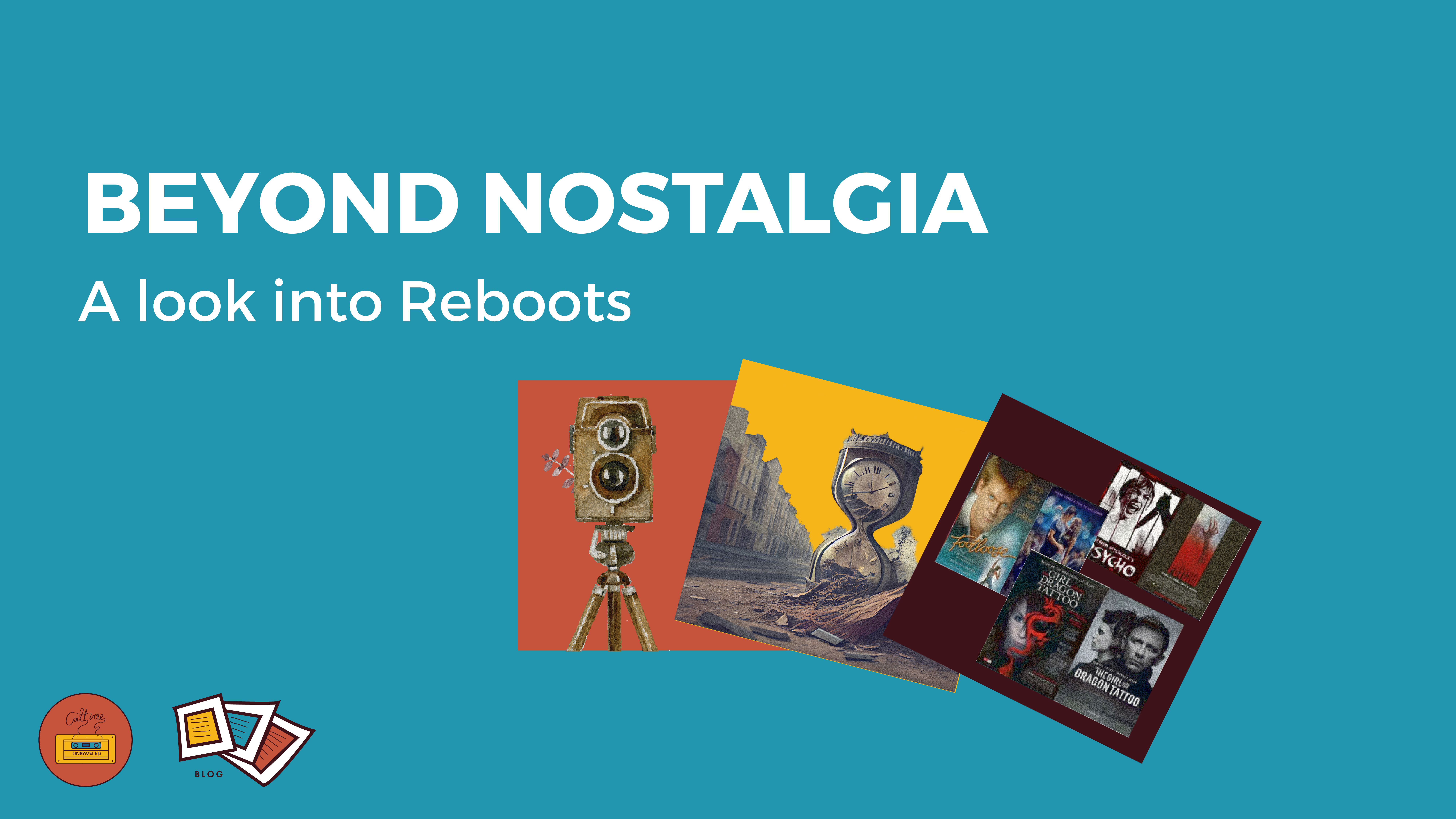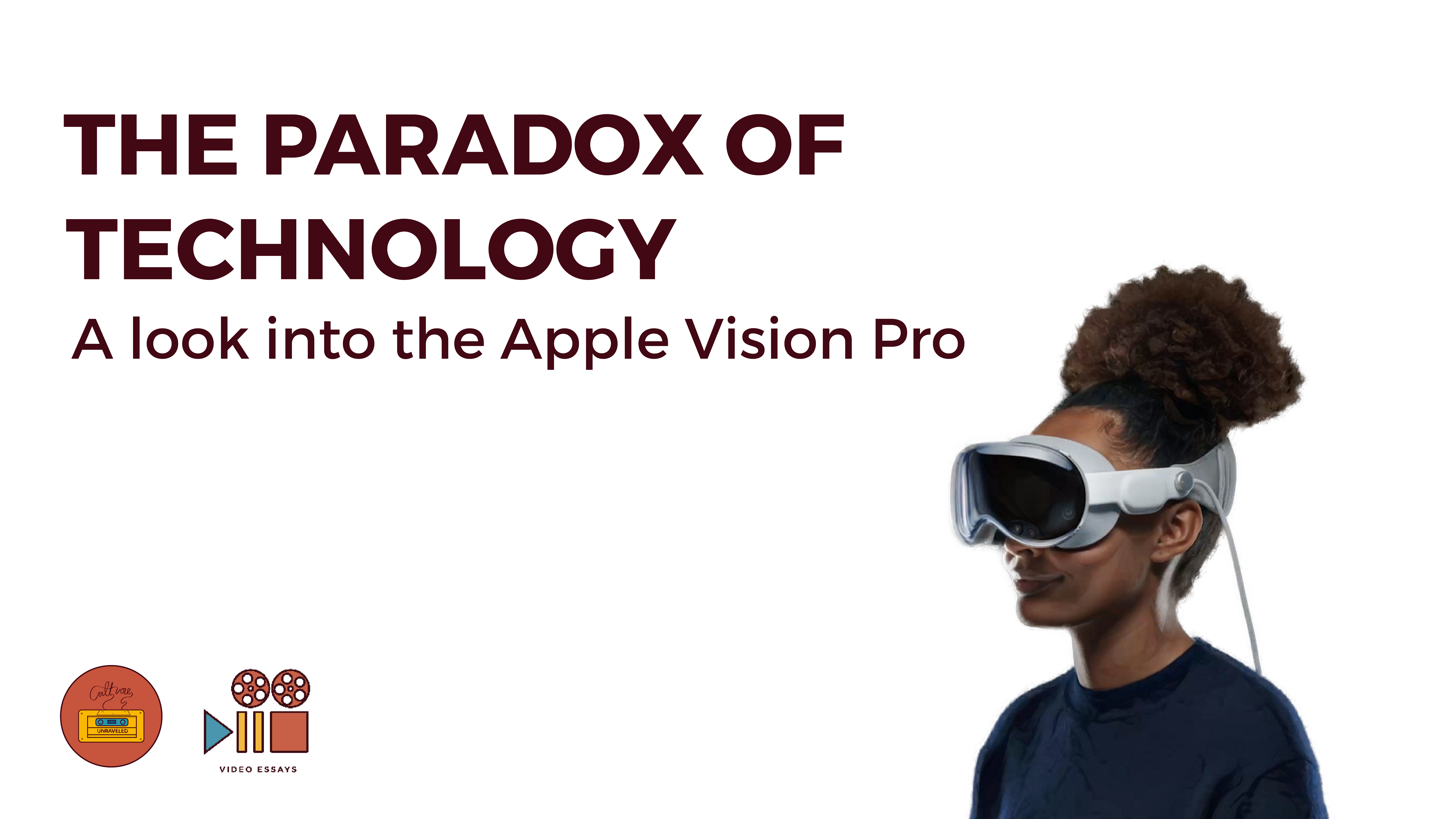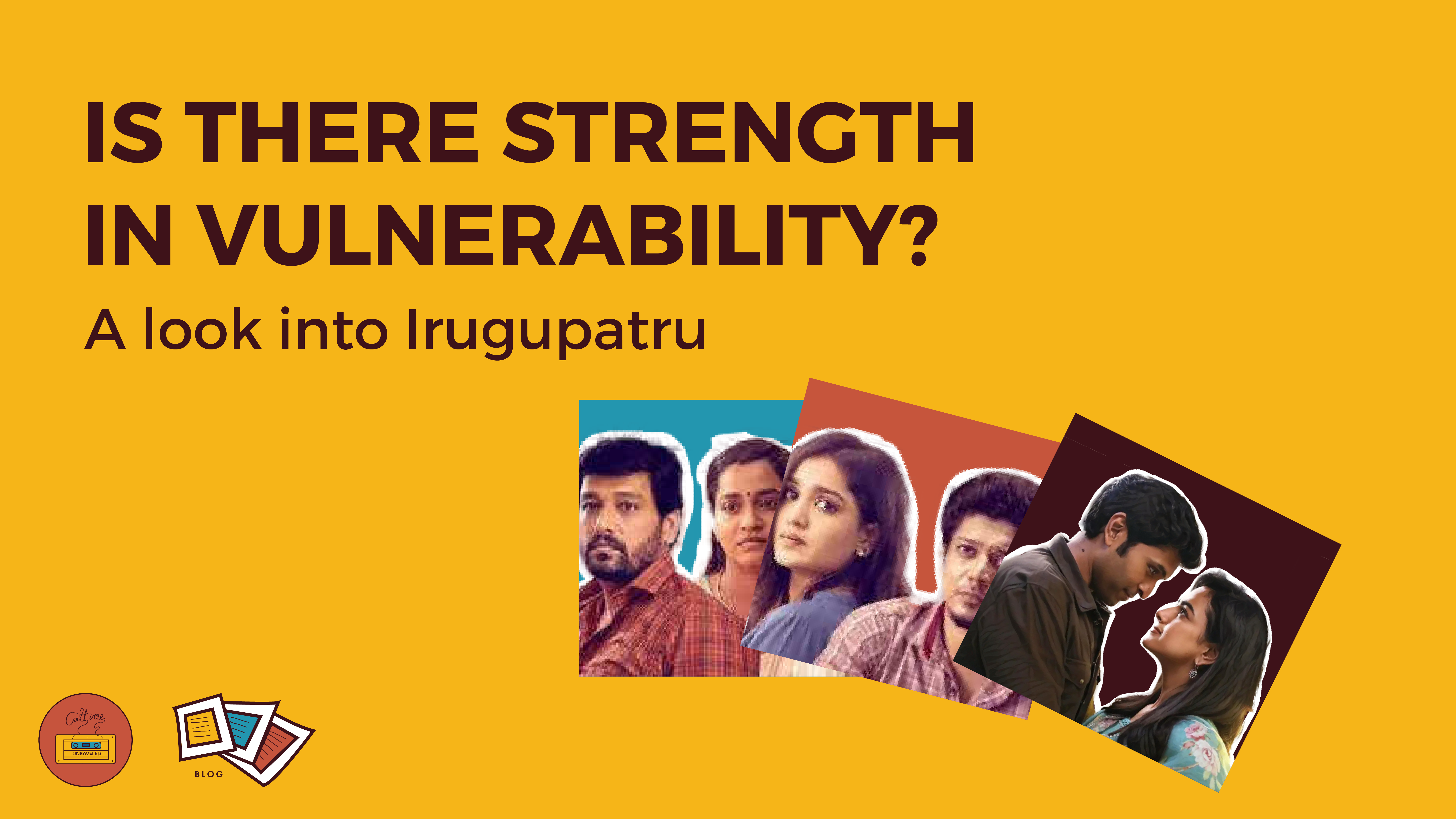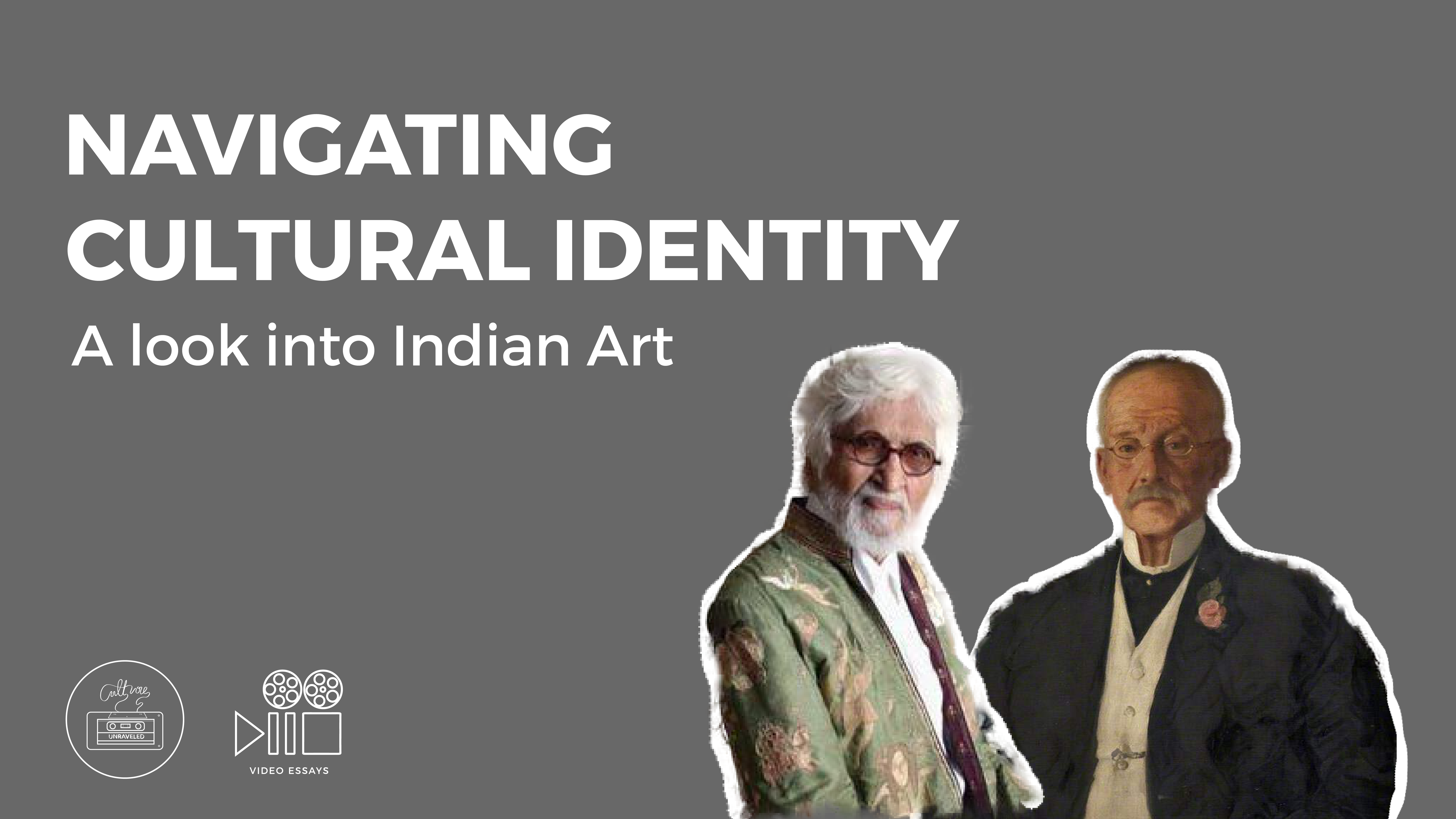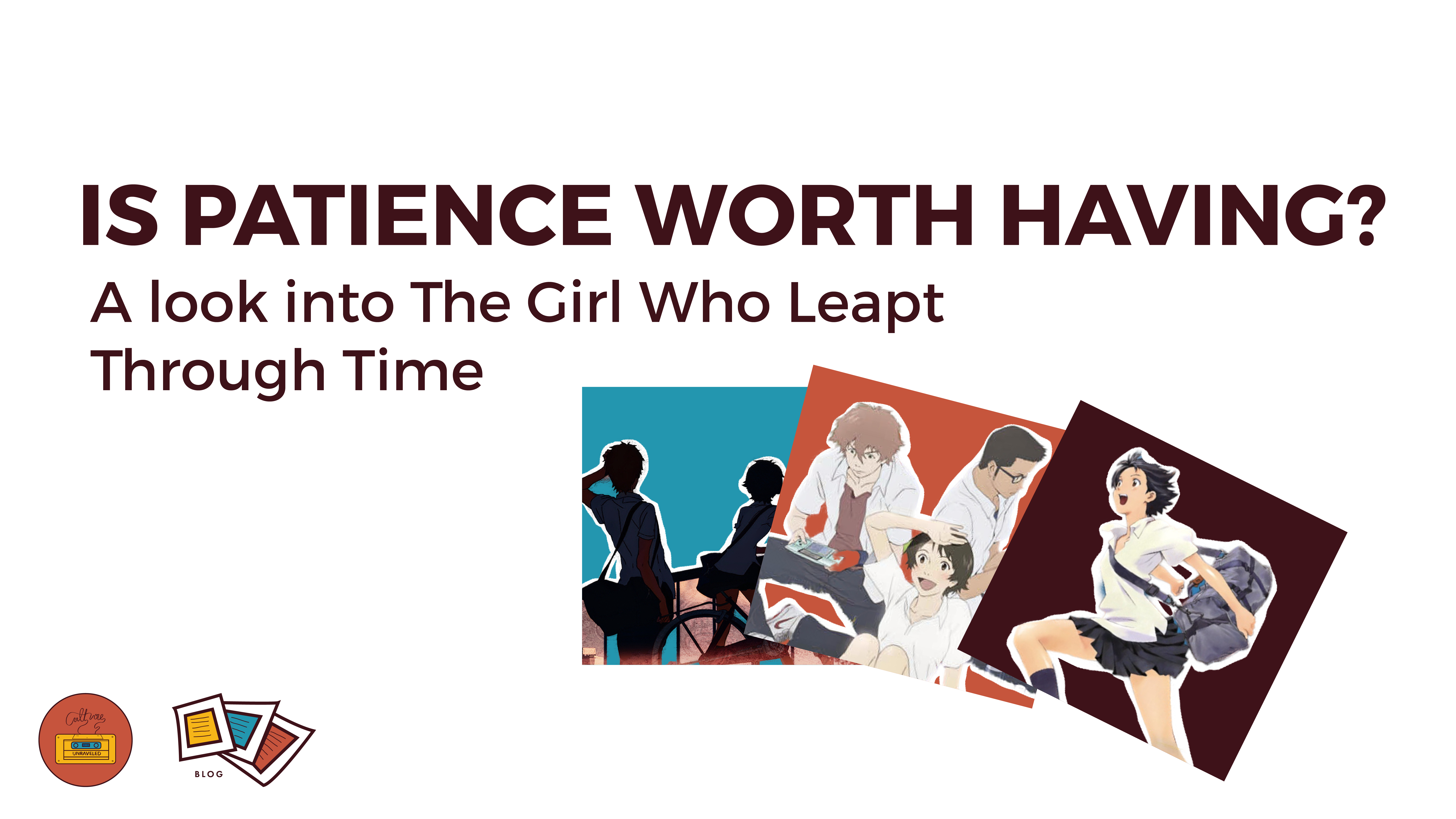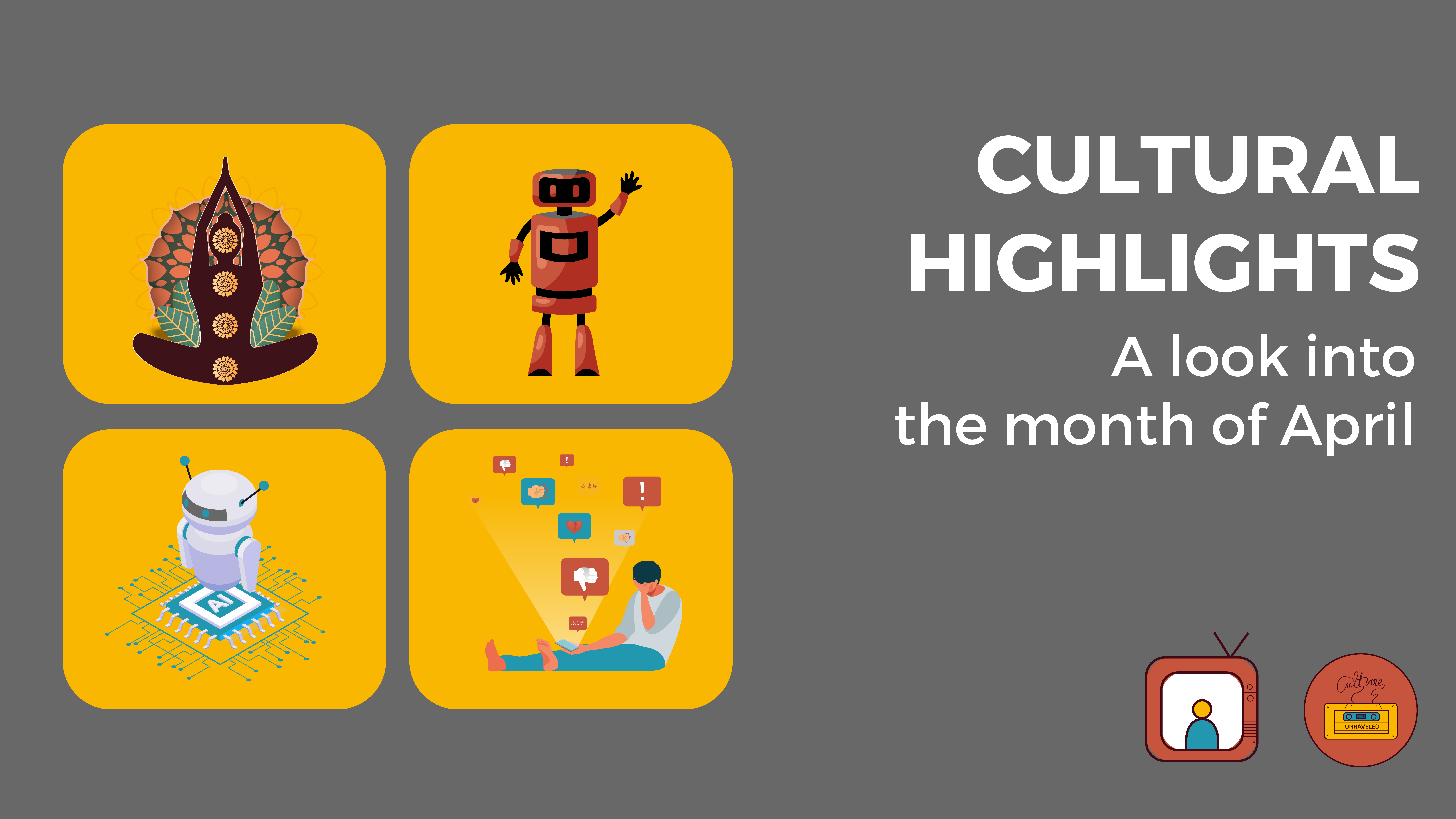
A look into the month of April
1. Personal wellness in the healthcare industry
In recent years, a significant shift in the healthcare industry has been towards personal wellness. With an emphasis on more holistic healthcare, healthcare companies are leading people to take proactive steps to maintain their overall well-being rather than relying solely on medical interventions when sick.
There is a rise in prevention and lifestyle measures that promote healthy habits such as exercise, balanced nutrition, stress management, and adequate sleep to prevent chronic diseases and improve the overall quality of life. Wellness centers, especially ones that focus on holistic wellness, aim to lead individuals to care for their mental and physical health through meditation, mindfulness, yoga, and other mind-body techniques that promote relaxation and reduce stress. There is also a rise in personalized and integrative medicine that combines conventional medical approaches with complementary and alternative therapies.
Such a shift towards personal wellness suggests that to be healthy is to take care of oneself holistically and not merely treat a disease’s symptoms. It also shifted our perception of the duality of mind and body towards the view that they are interconnected. Such a view leads people toward seeking holistic personal wellness and embracing spirituality, so much so that wellness organizations have capitalized on this need. For instance, wellness companies have developed apps like Headspace, Calm, and Timer that promote guided meditation, music, and breathing exercises enabling people to cultivate mindfulness and relaxation.
While the shift to personal wellness is good in that it helps people to maintain an overall healthy life, it is concerning that people have turned towards a mechanistic spirituality, one that is based on guided techniques rather than an authentic spirituality dependent on deep, meaningful relationships. Our spirituality should not deprive us of people who care for us, value us, and mirror our true nature. But our society is indeed becoming more and more mechanistic. So, it is crucial to address this issue of the true significance of personal wellness in our lives.
2. AI as a cultural phenomenon
Artificial intelligence technology in 2023 has achieved cultural prominence in movies, TV shows, and literature. Popular movies like Transcendence or Her have contributed to the cultural recognition and fascination with AI. Virtual home assistants like Siri, Alexa, and Google Assistant are now standard household technology.
Further, AI has played a significant role in shaping the content that people view on social media. These algorithms analyze user behavior and preferences to personalize the content feed, which can influence public opinion, shape trends, and even impact political discourse. And integrating AI into the gaming industry, with its intelligent game design techniques, revolutionized the entertainment industry.
Recently, the advent of ChatGPT has influenced the concept of human-machine collaboration. As it can assist humans in various tasks, acting as a virtual assistant or a creative collaborator, the lines between human and machine are starting to blur. It has impacted our perception of work, creativity, and the relationships between humans and technology.
With AI gaining prominence in most fields of human experience, its ethical implications on our society and culture have become an essential topic of discussion. One of the questions that AI developers and policymakers are raising is if the rise of AI can prove to be an existential threat to humanity.
Max Tegmark, a Swedish-American physicist and AI researcher argues that although machines do not have human goals, their intelligence automatically gears them toward a self-preservation goal because it cannot go against what it was made for. And if the machine understands more about how the world works, in the process of doing what it is programmed to do, then it can develop resource acquisition goals and perform what it is programmed to do even better. The problem is not really in machines having goals. The problem lies in how we can program machines with intelligence and align their goals with ours. And the concern is not with machines turning malevolent but with their increasing competence.
Tegmark and the founders of the Center for Humane Technology, Tristan Harris and Aza Raskin, have the same view concerning the development of AI technology. While they are calling out the risks involved in the mismanagement of AI technology, they are advocating for awareness and implementation of new ways of being responsible when there are new advancements in this area. And they are hopeful that superintelligent machines will learn humanity’s collective goals, leaving us with the freedom to choose the future we want as humans.
3. Social Media and Apathy
The adverse impact of social media on our culture is not new. When living in a time when it has given us a platform for human interaction and has even become a primary source for humans to interact and engage with each other, it is not surprising that it has driven us into a kind of narcissism and deprived us of concern for other people.
Social media has adversely impacted us in the following ways:
First, providing a constant stream of information from various sources overloaded us cognitively, making it difficult for us to discern what is accurate, relevant, or necessary. Second, personalizing content through filter bubbles and algorithms kept us from engaging with diverse opinions and only held us captive to reinforcing our existing beliefs. Third, social media has negatively impacted our identity, body image, and self-esteem. It often leads individuals, especially teenagers, to compare themselves with an idealized version of other people’s lives, achievements, experiences, and material possessions.
Both a cognitive overload of information and disengagement with opposing ideas and knowledge have created a sense of apathy in individuals, as it led them to feel helpless in keeping up with the overload of information, thus rendering them incapable of making decisions about what is essential both for themselves, and the communities around them. It also created an illusory sense of knowing it all, thus depriving us of our curiosity and sense of wonder. Moreover, constant exposure to false notions of a good life has led people to foster feelings of envy and inadequacy, thus leading to apathy.
Joy and hope are the antidotes to cultural apathy that has permeated our lives due to social media. We can find real joy only by establishing meaningful interactions with people outside of virtual reality. When we spend quality time with the people around us and engage with each other, we might discover how much virtual reality has deprived us of the joy in human interactions. Joy is what truly connects us in this world.

